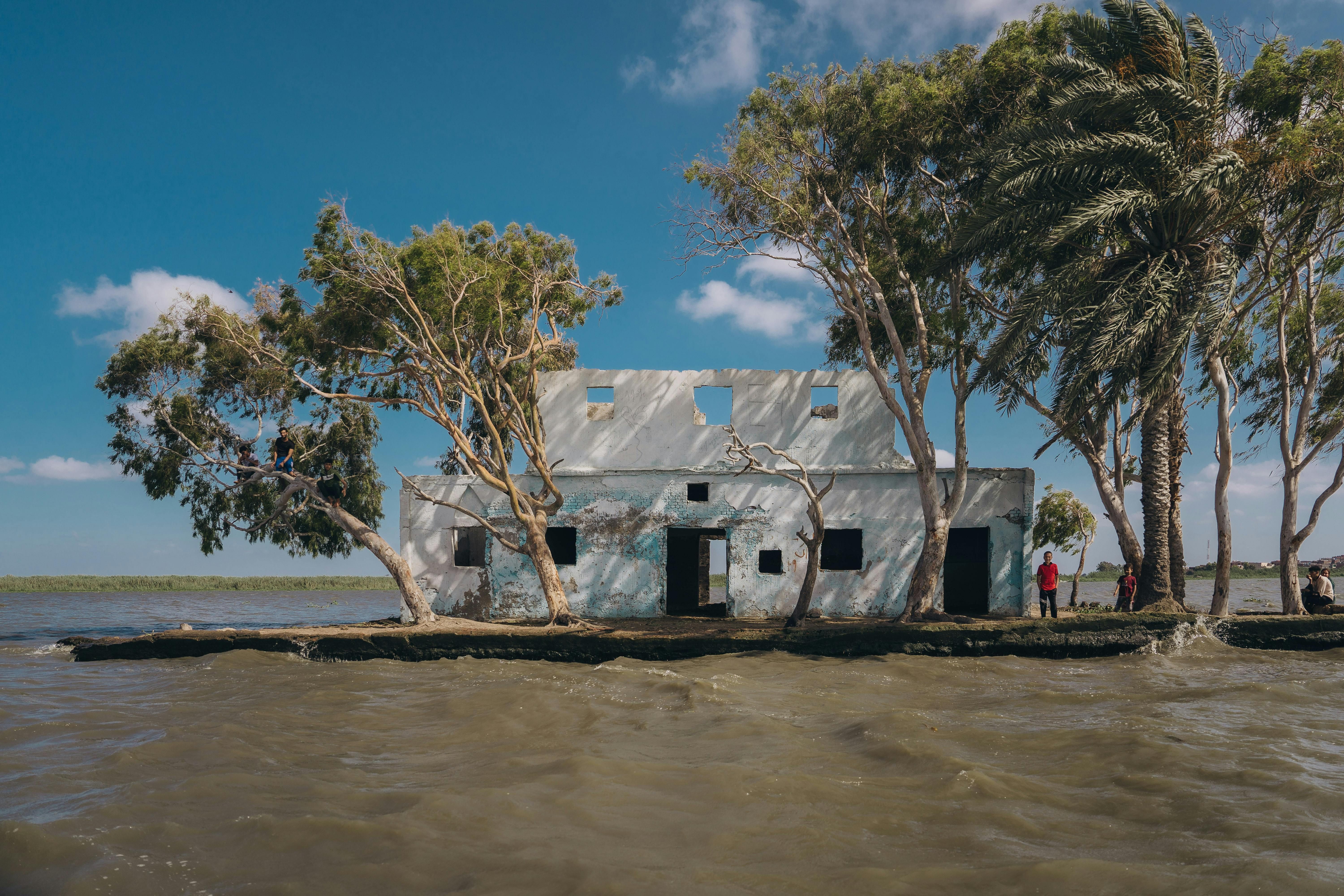Deadly weather events unleashed across central U.S.; tornadoes and floods claim at least 16 lives
Battering Tempests and Historic Floods: A Central US Ordeal
Weeks of misery battered portions of the South and Midwest as a series of heavy storms, tornadoes, and catastrophic floods reached a life-threatening peak.
Sadly, over a span of days, these tempests left at least 16 souls in their wake, including a 5-year-old boy discovered in a ravaged home in Little Rock, Arkansas. Police investigating a medical call in that residence uncovered the young child's unfortunate fate on a rainy Saturday.
A 9-year-old boy met a similar end in flooded waters while making his way to the school bus stop in Franklin County, Kentucky, on Friday. The heartbreaking narrative continued in nearby Nelson County, where a 74-year-old victim was found dead in a waterlogged car on the following day, according to the sheriff.
The Torrent of Tragedy in Tennessee
Tennessee specifically grappled with a staggering 10 storm-related fatalities. Flood warnings spanned numerous counties on Saturday, with a flood watch issued for western parts of the state through Sunday morning.
Looking across the central US, over 30 million people found themselves under flood watches and severe storm alerts. Active alerts remained in Louisiana, Arkansas, Tennessee, Kentucky, and Mississippi through Sunday morning.
Throughout the affected region, tens of thousands of homes and businesses remained powerless as of early Sunday, with the hardest-hit state being Arkansas, with nearly 75,000 homes in the dark overnight.
The Horror of "Generational" Flooding

The basis for this "generational" flooding, as warned by the National Weather Service (NWS), stems from a weather pattern persistence that has allowed the storms to repeatedly pummel the same areas in the central and southern US.
By Sunday, this prolonged pattern will finally begin to break and push the storms eastward. As the storm threats subside for Arkansas, Tennessee, and Kentucky by Sunday afternoon, new worries will simmer for Florida Panhandle, Alabama, and Georgia on Sunday.
Three Days of Breath-Taking Flood Risks
For three consecutive days, level 4 of 4 flood risk rated several states in the Mississippi Valley, a rarely seen intensity outside of hurricane season.
State of Emergency and Closed Roadways
Rising water levels closed several major highways through Tennessee and Kentucky, with river levels exceeding acceptable limits. The NWS urges drivers to turn back if encountering flooded roadways.
Closures affected sections of Interstate 40 in Memphis, Tennessee, and parts of north- and southbound lanes on Interstate 69 in Daviess County, Kentucky. Numerous secondary roads were also affected, with at least 390 roads closed across Kentucky on Saturday morning due to flooding, mudslides, or rockslides.
According to Gov. Andy Beshear, the western portion of the state faced a potential state of emergency due to record rainfall and unconventional flooding.

The Ohio River, traversing through Louisville, Kentucky, saw a 5-foot rise over the past 24 hours, with expectations of an even higher increase over the following two to three days.
Mississippi: Battles Against Floodwaters and EF3 Tornadoes
The Mississippi Department of Transportation documented a possible tornado moving via Interstate 22 through the New Albany area.
Alongside tornadoes, swirling winds battered northeast Texas on Friday, causing property damage and injuring one person. Damage surveys by the NWS have thus far pinpointed 31 tornadoes across eight states, rating at least three of them as EF3, the second-highest category on the Enhanced Fujita scale.
//! Insights from Enrichment:
Flooding in central US has led to interstate commerce disruptions and shipping delays. Road closures, derailed trains, and river traffic stops have hindered key transportation networks, leading to bottlenecks in supply chains and increased costs for businesses. The agriculture and manufacturing industries have suffered losses, while the workforce and supply chains have experienced disruptions as well.
To mitigate these challenges, businesses can implement strategies such as diversifying supply chains, increasing inventory, and developing contingency plans. The flood situation demands resilient logistical planning and infrastructure to minimize the economic impact of such natural disasters.
In this unpredictable weather landscape, it's crucial for businesses to stay informed, adapt, and join forces with public agencies to protect their interests and support communities affected by the ongoing flooding crisis.

- Despite the efforts to warn and prepare, Tennessee experienced a devastating 10 storm-related deaths, with the state particularly struggling under flood warnings that spanned numerous counties.
- Especially in Tennessee, the strength of the floodwaters left numerous roadways impassable, including parts of Interstate 40 and Interstate 69, causing significant disruptions and creating a potential state of emergency in the western region.
- In the aftermath of these historic floods, the strength and resilience of the communities left behind will undoubtedly be tested, as they face the challenges of rebuilding and recovering from the destruction that left at least 26 souls affected across multiple states.








